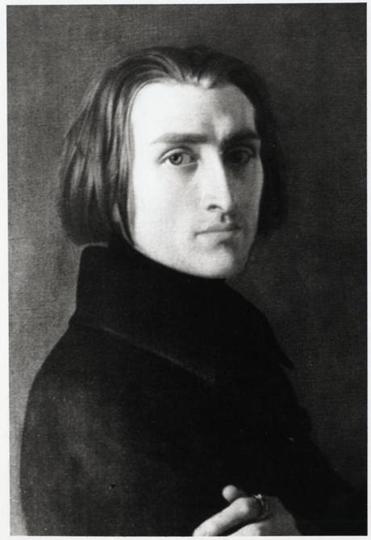
Liszt [list] Examples noun
- Franz [frahnts] /frɑnts/, 1811–86, Hungarian composer and pianist.
Related formsLiszt·i·an, adjective Examples from the Web for liszt Contemporary Examples of liszt
But the memory is powerful, and summoned again and again through a recording of a Liszt piece.
Haruki Murakami’s Weird, Wonderful World
Malcolm Jones
August 15, 2014
Historical Examples of liszt
Announce to your audience that, by request, you are changing the number from Liszt to Haydn.
Anna Chapin Ray
He played Liszt’s “Waldesrauschen,” but murmured, “She is the first to doubt me.”
James Huneker
It was toward the close of 1831 that Liszt met Chopin in Paris.
Great Men and Famous Women, Vol. 8 (of 8)
Various
I saw Liszt but six times, and then only between the years 1876 and 1881.
Great Men and Famous Women, Vol. 8 (of 8)
Various
He played on his audience as Liszt did on a piano most easily when most effectively.
Mark Twain, A Biography, 1835-1910, Complete
Albert Bigelow Paine
British Dictionary definitions for liszt Liszt noun
- Franz (frants). 1811–86, Hungarian composer and pianist. The greatest piano virtuoso of the 19th century, he originated the symphonic poem, pioneered the one-movement sonata form, and developed new harmonic combinations. His works include the symphonies Faust (1861) and Dante (1867), piano compositions and transcriptions, songs, and church music
 Liberal Dictionary English Dictionary
Liberal Dictionary English Dictionary